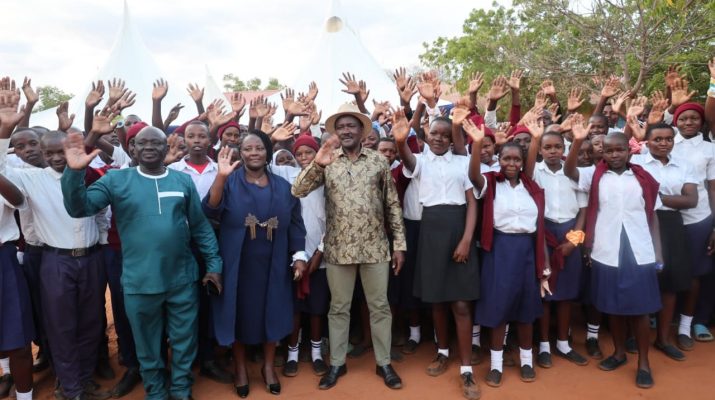By Diana Arodi
Fear and anxiety are spreading in Kenyan schools following the violent crackdown on nationwide protests that have left dozens dead and many injured, sparking urgent calls for accountability and restraint from civil society and human rights organizations.
The protests, led predominantly by Gen Z demonstrators were met with force by police in various towns.
According to human rights groups, at least 39 people were killed during the protests, with many victims being young people, some reportedly students.
In response, organizations such as Amnesty International Kenya and the Kenya National Commission on Human Rights (KNCHR) have strongly condemned the use of excessive force.
“The right to protest is enshrined in the Constitution. Excessive force by security agencies is unconstitutional and unacceptable,” said Roseline Odede, Chairperson, KNCHR.
“We demand an immediate, independent, and transparent investigation into every protest-related death and injury. Use of force must always be a last resort, proportional, and lawful,” said Irũngũ Houghton, Executive Director, Amnesty International Kenya.
The fear has spilled over into schools. While no official statement has been made by the Ministry of Education regarding the psychological impact on learners, local reports and social media posts from teachers and students suggest growing concern about safety, surveillance, and political reprisals.
The situation escalated further after President William Ruto, during a recorded church service on June 30, was heard stating:
“If they must be dispersed, shoot them in the legs, not the chest.”
This controversial remark has since been widely circulated, drawing criticism from legal experts, clergy, and the public for appearing to sanction unlawful use of force.
Human rights groups argue that such rhetoric fuels fear and erodes trust in state institutions, especially among the youth.
As the country recovers from weeks of unrest, rights defenders are urging authorities to uphold constitutional freedoms and reassure students and educators that schools remain safe spaces for learning, not fear.
“Our young people should be protected and heard ,not punished for participating in civic life,” said Irũngũ Houghton, Amnesty Kenya.

